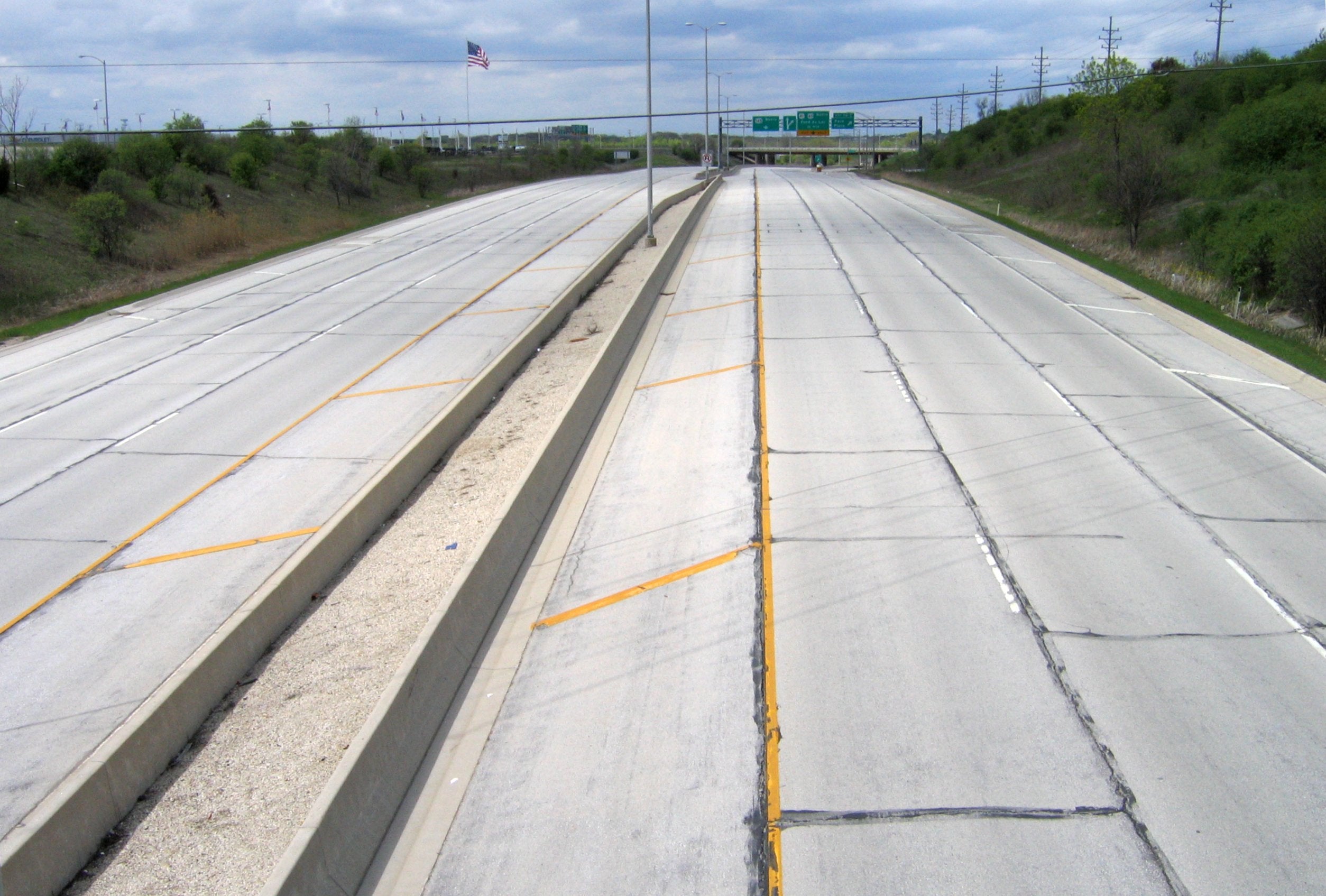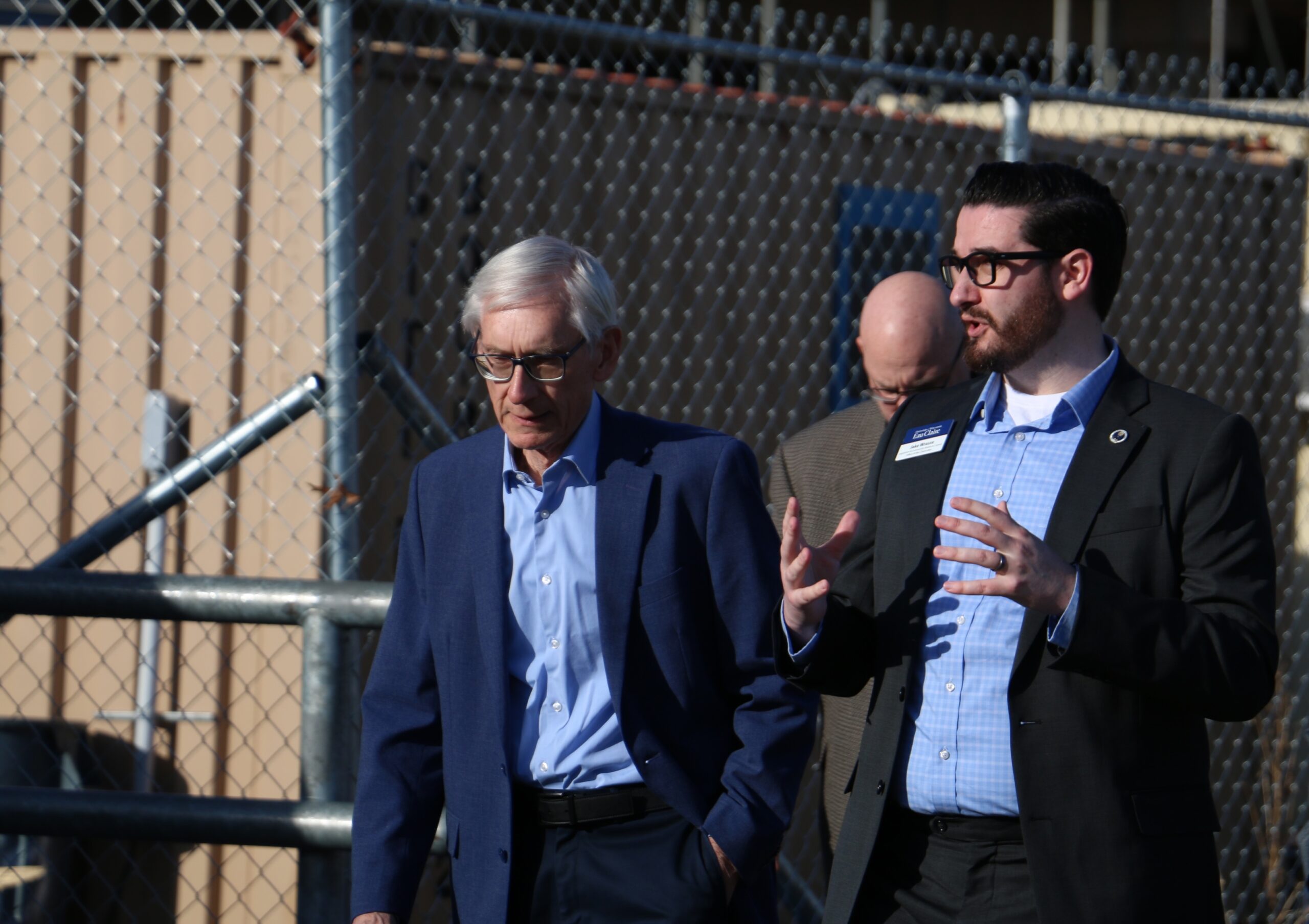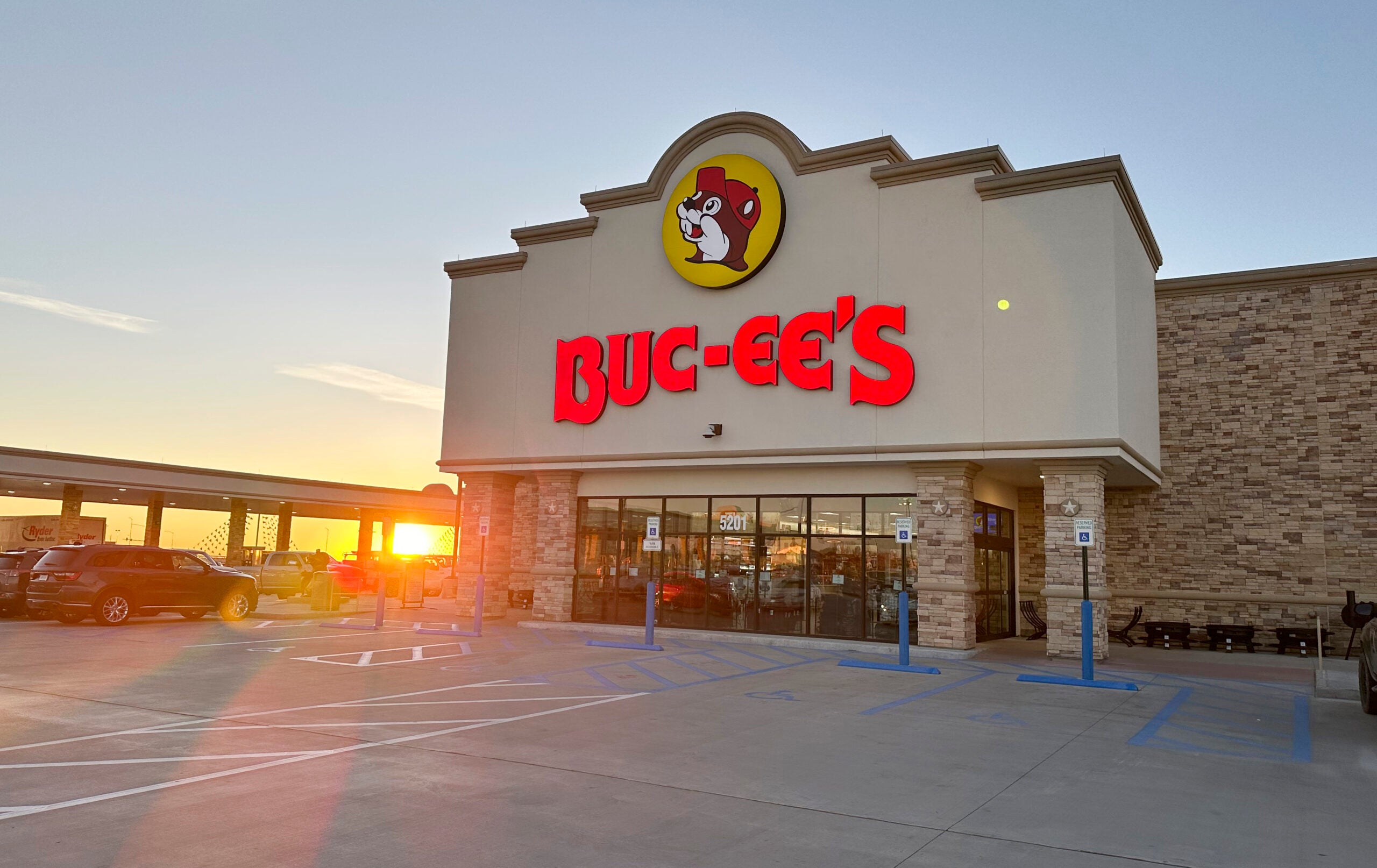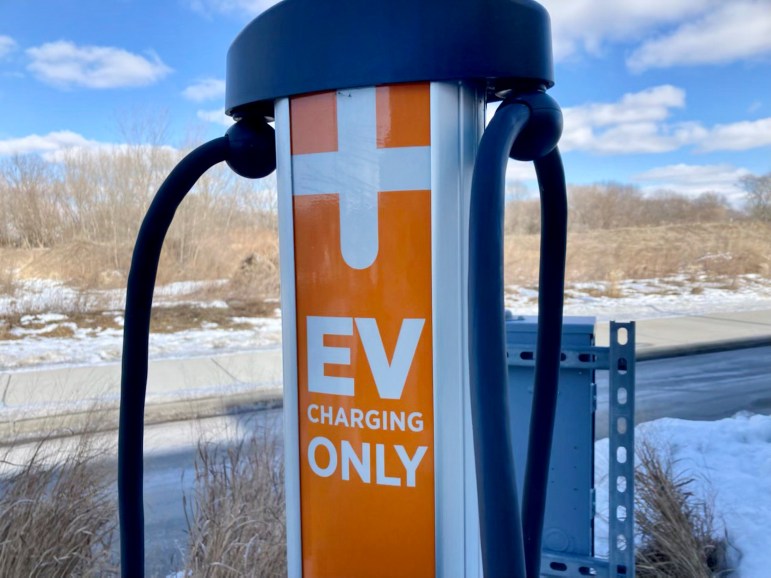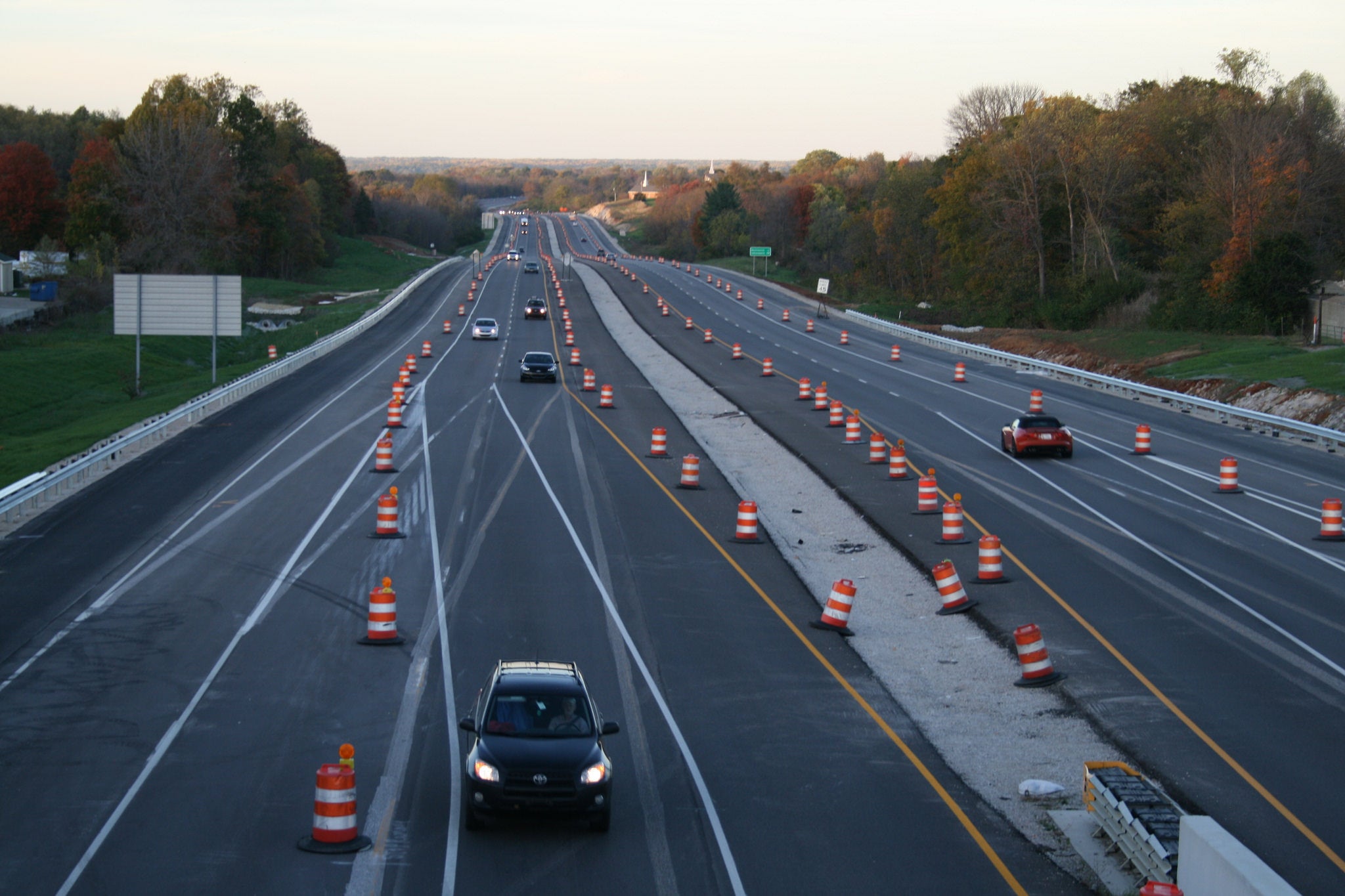This year’s budget debate is over, but state lawmakers and Governor Scott Walker put off some of the big decisions on transportation funding until later.
When a special commission on transportation funding released its recommendations earlier this year, Republicans would have nothing to do with them. The suggestions included a gas tax increase and a new mileage based registration fee. Walker said he thought the public had no appetite for any kind of new gas tax.
Instead, the budget the Governor just signed relies largely on borrowing money to pay for road projects, says Craig Thompson with the Transportation Development Association.
Stay informed on the latest news
Sign up for WPR’s email newsletter.
Thompson: “For the short-term, [borrowing] could be OK, if it’s followed up with some sort of long-term sustainable funding mechanism, but if it’s not – if we don’t figure that out soon – then we’re going to be really saddling the next generation with just paying off the interest on previous projects rather than moving our transportation system forward.”
Overall, the Legislative Fiscal Bureau says this two-year budget would authorize almost a billion dollars in transportation bonding.
There are other options. Instead of raising taxes and fees or borrowing more, the state could build or expand fewer highway projects. Bruce Speight, of WISPIRG, says that could make sense in places where a stretch of highway is unlikely to get a lot of traffic.
Speight: “Let’s get those priorities straight. Let’s make sure, especially since highways are so costly, that we not waste taxpayer resources on highways we don’t need and make sure we have options and good alternatives to driving that Wisconsinites are seeking more and more.”
Historically, both parties have been more likely to approve road projects than reject them. Neither party has embraced a major new source of funding for roads since the state ended the automatic indexing of the gas tax nearly eight years ago.
Wisconsin Public Radio, © Copyright 2025, Board of Regents of the University of Wisconsin System and Wisconsin Educational Communications Board.
